 Shutterstock
Shutterstock
Every dog deserves a long, happy, tail-wagging life—but just like people, some dog breeds are more likely to come with extra medical baggage. While no breed is completely immune to health issues, a handful is known for having fewer hereditary conditions and a reputation for robust health. These dogs often have fewer genetic predispositions to common ailments like hip dysplasia, heart disease, or certain cancers. Many result from generations of functional breeding, selected for looks, work ethic, strength, and durability.
Border Terrier
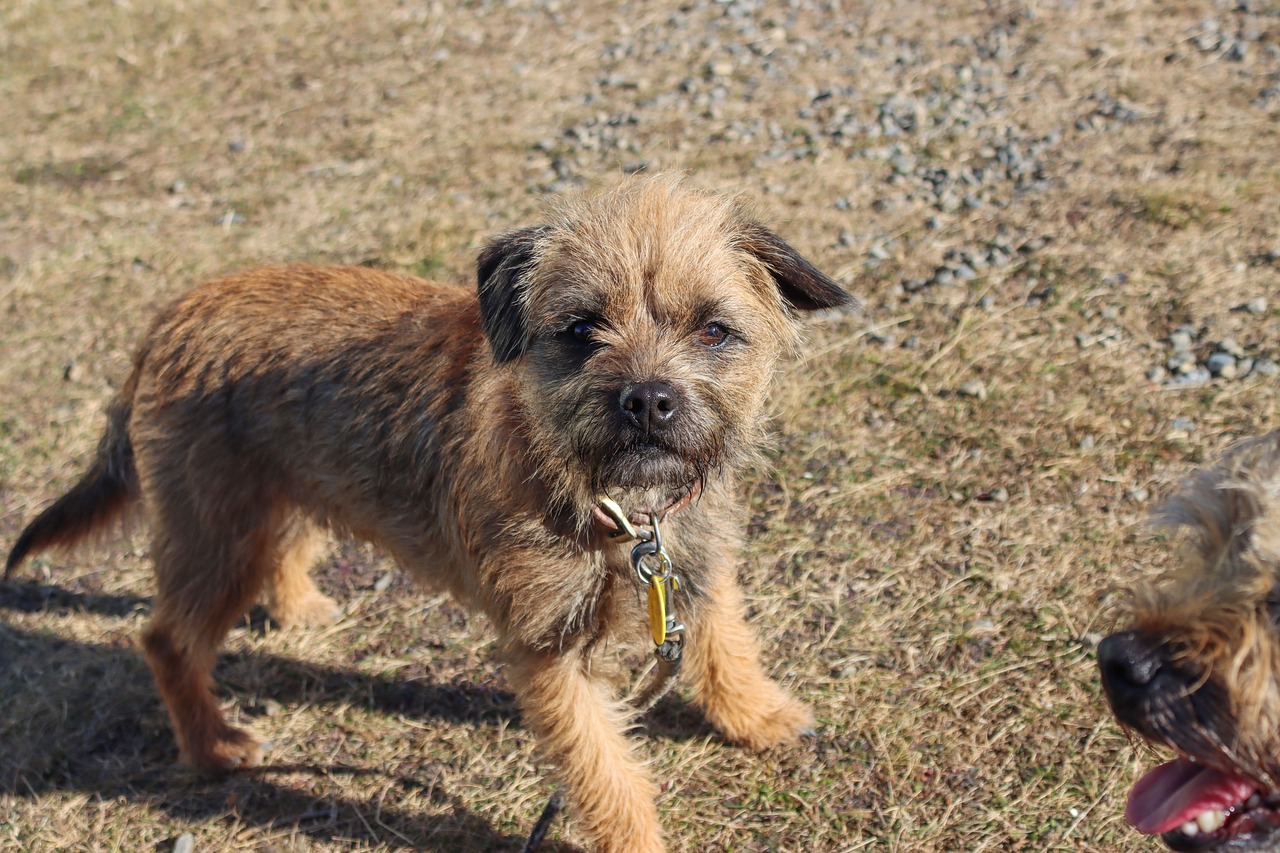 Shutterstock
Shutterstock
Border Terriers are small, rugged dogs originally bred for working farms and chasing down foxes. Their working roots mean they were bred for health and stamina, not extreme traits, which has helped them avoid many common breed-specific health problems. They generally have good hips, strong hearts, and fewer allergies or skin conditions. They’re tough little dogs with a strong constitution and a charmingly scruffy face that somehow looks perpetually unimpressed by drama.
Australian Cattle Dog
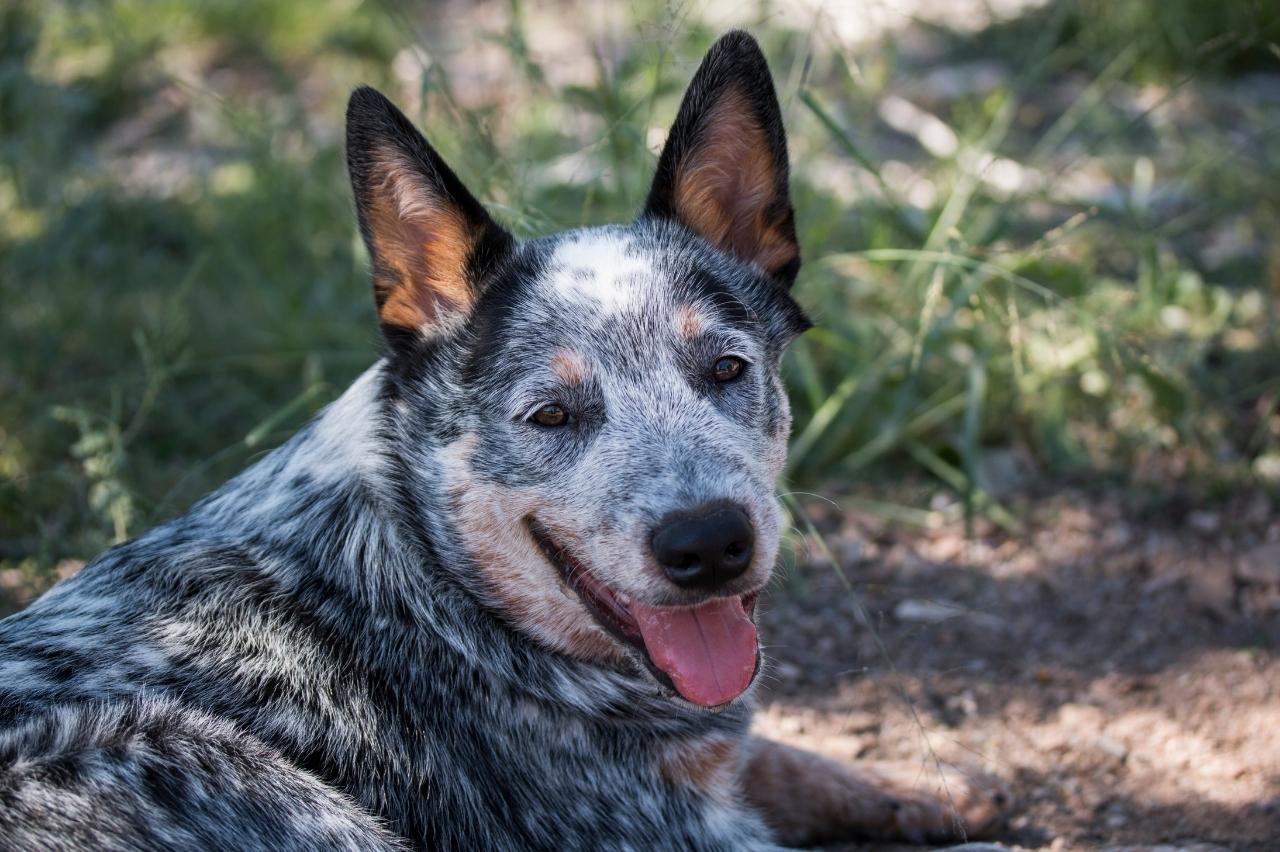 Shutterstock
Shutterstock
The Australian Cattle Dog, also known as the Blue Heeler, is one of the toughest pups. Bred to herd livestock across harsh Australian terrain, this breed is known to be extremely healthy and hardy. They rarely suffer from the typical bone and joint issues seen in many other breeds, and they tend to live long lives, often into their mid-teens. Just keep them active, mentally challenged, and away from your couch cushions (which they’ll try to “herd”).
Belgian Malinois
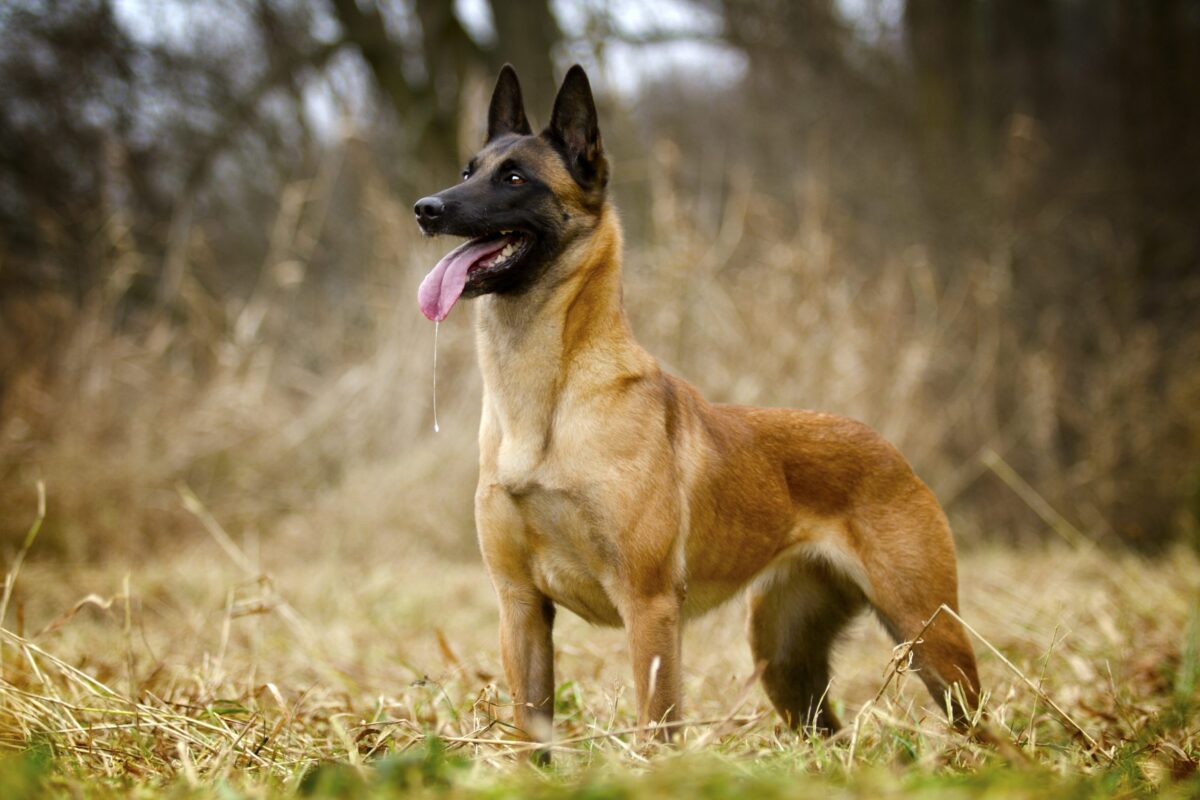 Shutterstock
Shutterstock
Belgian Malinois are the Navy SEALs of the dog world—built for endurance, intelligence, and reliability. Their lean build and athletic nature contribute to their lower risk of joint issues than bulkier breeds. Malinois have fewer known hereditary conditions overall, especially when responsibly bred. They’re not for the faint of heart regarding training and activity, but if you’re up for the challenge, they’ll be your healthiest sidekick with abs of steel (or at least the dog equivalent).
Basenji
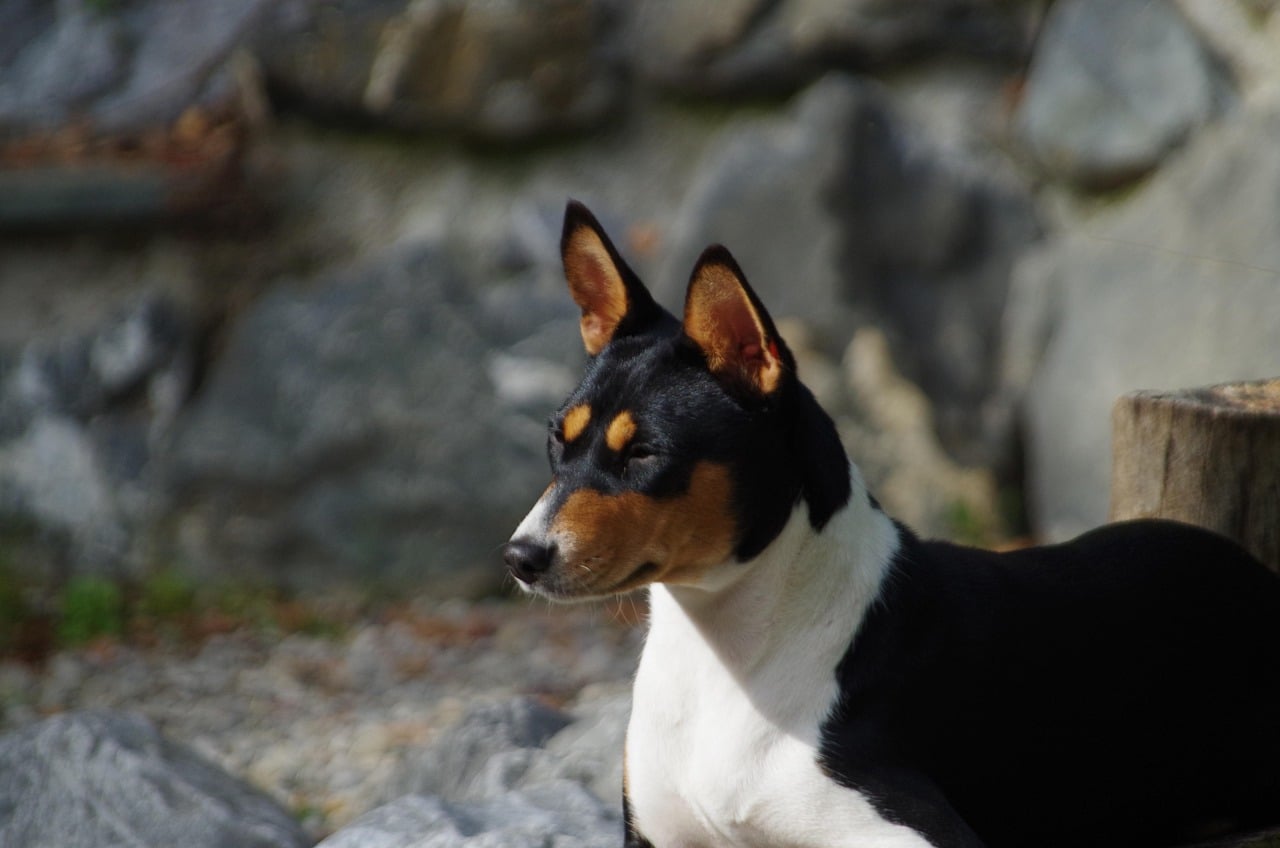 Shutterstock
Shutterstock
Basenjis, sometimes called “barkless dogs,” are ancient African hunting hounds that practically invented the idea of low-maintenance health. They’re small, clean, and less prone to the chronic ailments that plague many modern breeds. While they have some rare breed-specific issues, they’re known for their longevity and minimal vet visits. Don’t expect a snuggle if you want a dog that doesn’t bark, barely smells, and rarely needs medical attention. They’re more “roommate” than lapdog.
English Springer Spaniel
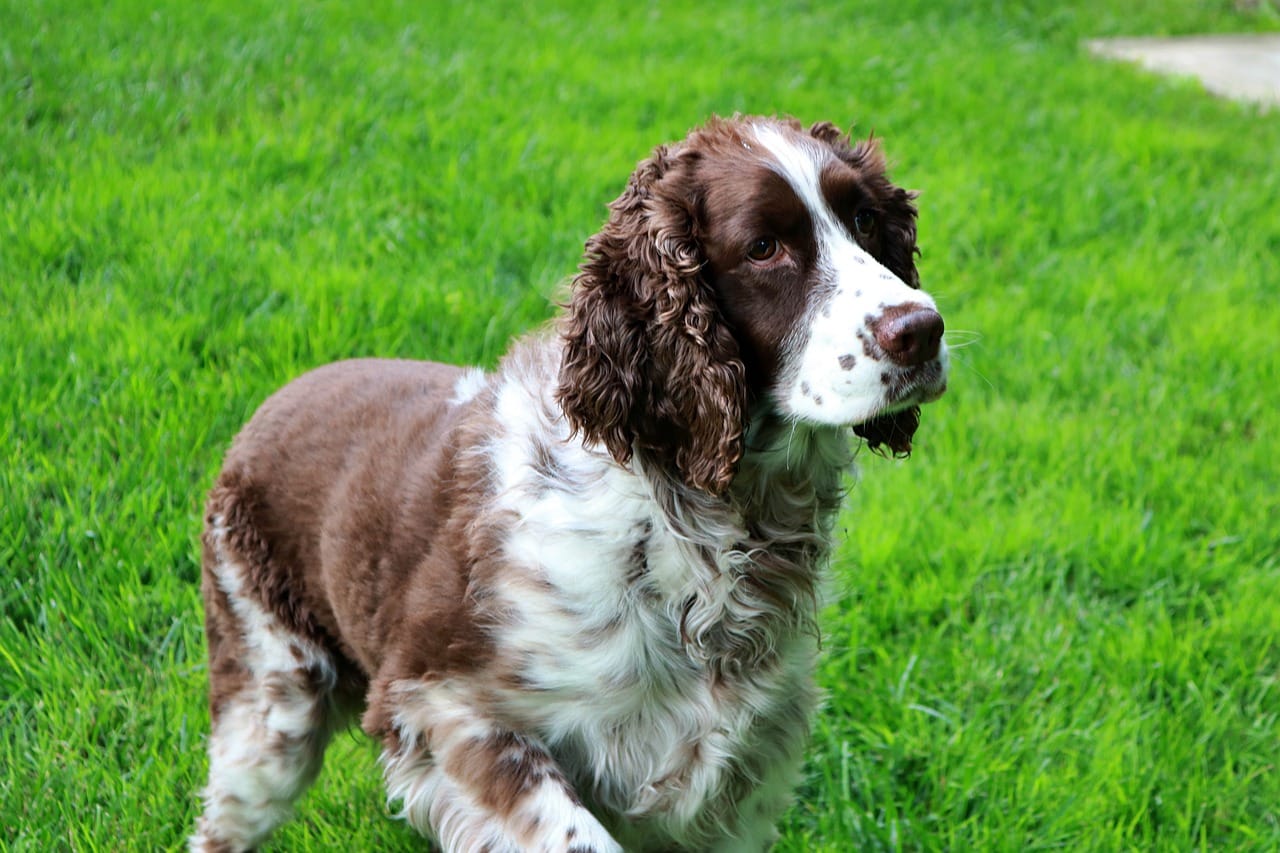 Shutterstock
Shutterstock
Despite their floppy ears and soulful eyes, English Springer Spaniels are hearty. Bred for flushing and retrieving game in the field, they’ve maintained solid health through generations of functional, not just aesthetic, breeding. They may occasionally deal with ear infections (thank you, floppy ears), but serious hereditary issues are relatively uncommon. They’re happy, athletic, and won’t need a doggy medical chart the size of a novel.
German Pinscher
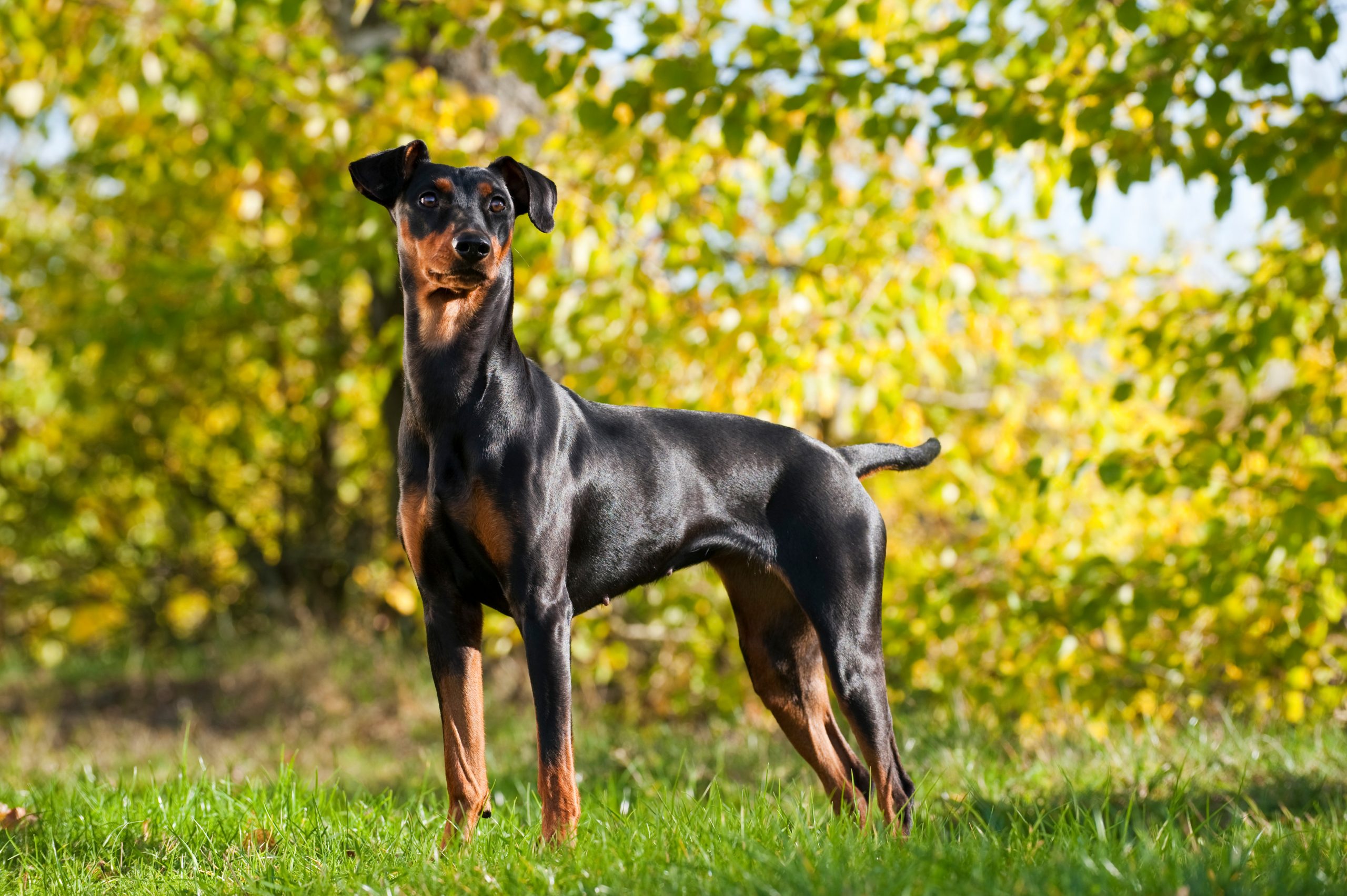 Shutterstock
Shutterstock
Not to be confused with their more famous cousins, the German Pinscher flies under the radar, often under the vet’s microscope. This medium-sized, intelligent breed has maintained a clean bill of genetic health thanks to a relatively small and carefully monitored breeding pool. They’re strong, alert, and usually free from issues like hip dysplasia, eye diseases, or heart conditions. Bonus: they’re also natural watchdogs, so they’ll keep your home and wallet safe from intruders and surprise vet bills.
American Foxhound
 Shutterstock
Shutterstock
American Foxhounds are lean, fast, and genetically blessed. They’ve been bred for endurance and hunting, not for exaggerated features or delicate frames. This has kept them relatively free of common breed-specific disorders, especially in bones and joints. Their biggest risk? Following their nose straight into the neighbor’s barbecue. Keep them active; you’ll have one of the healthiest hounds on the block.
Norwegian Elkhound
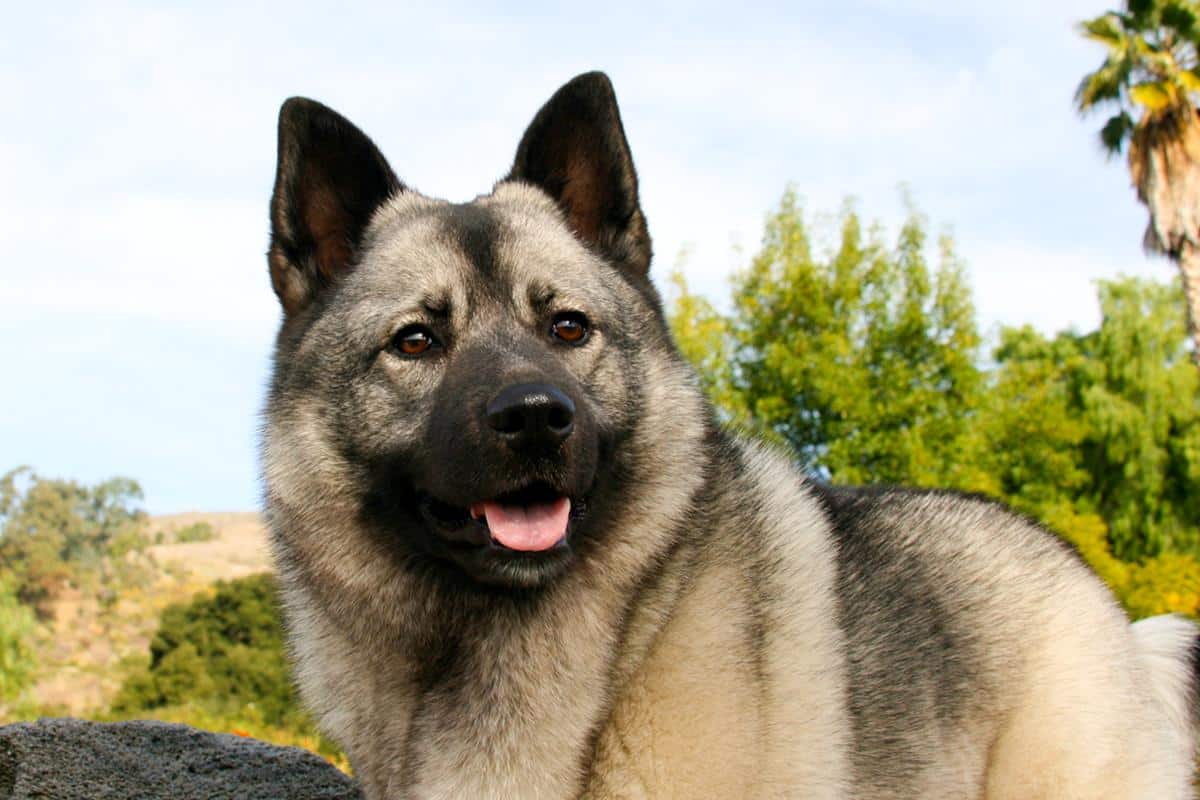 Shutterstock
Shutterstock
This fluffy Viking companion has more than a thousand years of history behind its excellent health. Norwegian Elkhounds are sturdy, medium-sized dogs originally bred to hunt moose and guard farms. They’re hardy, alert, and have very few common genetic disorders. While they may enjoy an occasional bark-fest (they’re not shy), you won’t often find them racking up vet bills. Just groom them regularly, exercise them well, and enjoy the Scandinavian sturdiness.
Ibizan Hound
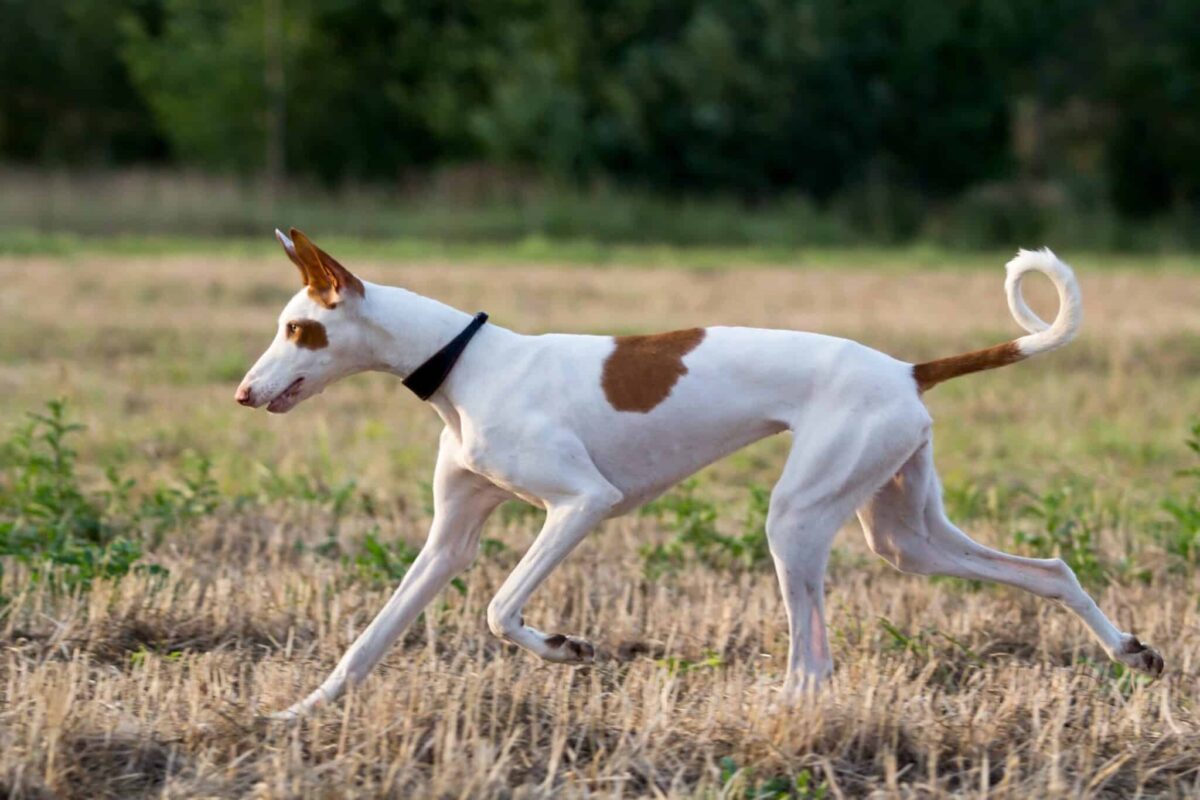 Shutterstock
Shutterstock
The Ibizan Hound might look like a fashion model with ears designed for eavesdropping, but this ancient breed is more than just a pretty face. Lean and athletic, they’ve been bred for functionality and health since the time of Egyptian pharaohs. They’re remarkably free of hip issues, heart problems, or skin conditions. Add in their goofy personality and natural grace, and you’ve got a dog that’s both elegant and energetically sound.
Standard Schnauzer
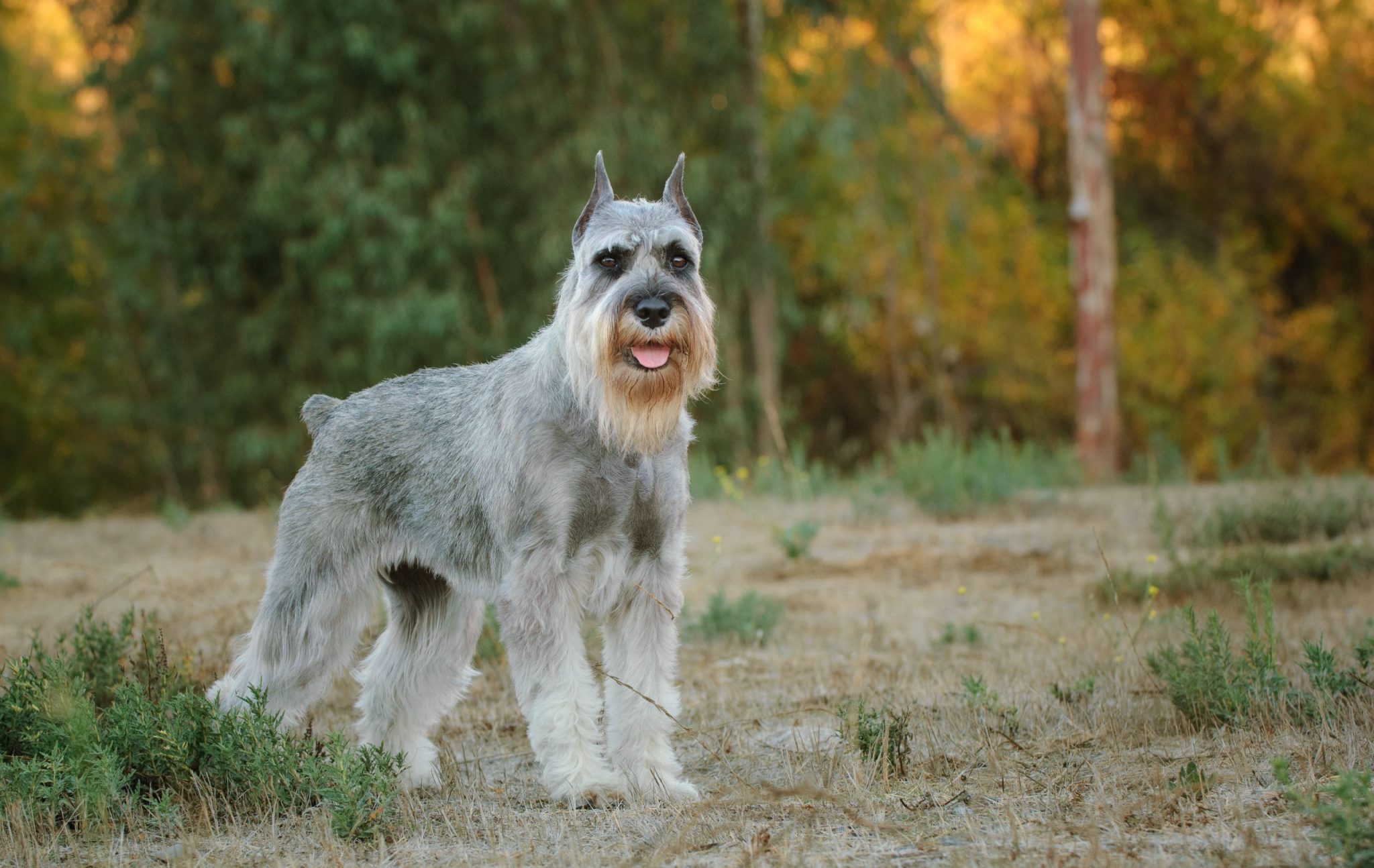 Shutterstock
Shutterstock
Standard Schnauzers are the middle child of the Schnauzer family—arguably the healthiest. They’re robust, intelligent, and not prone to the overbreeding issues found in smaller toy breeds or larger giants. These dogs have a strong immune system and typically avoid genetic eye issues, joint problems, and organ complications. Plus, that wiry coat keeps them low-shedding and low-allergen, if not slightly “hipster grandpa” in appearance.
Anatolian Shepherd
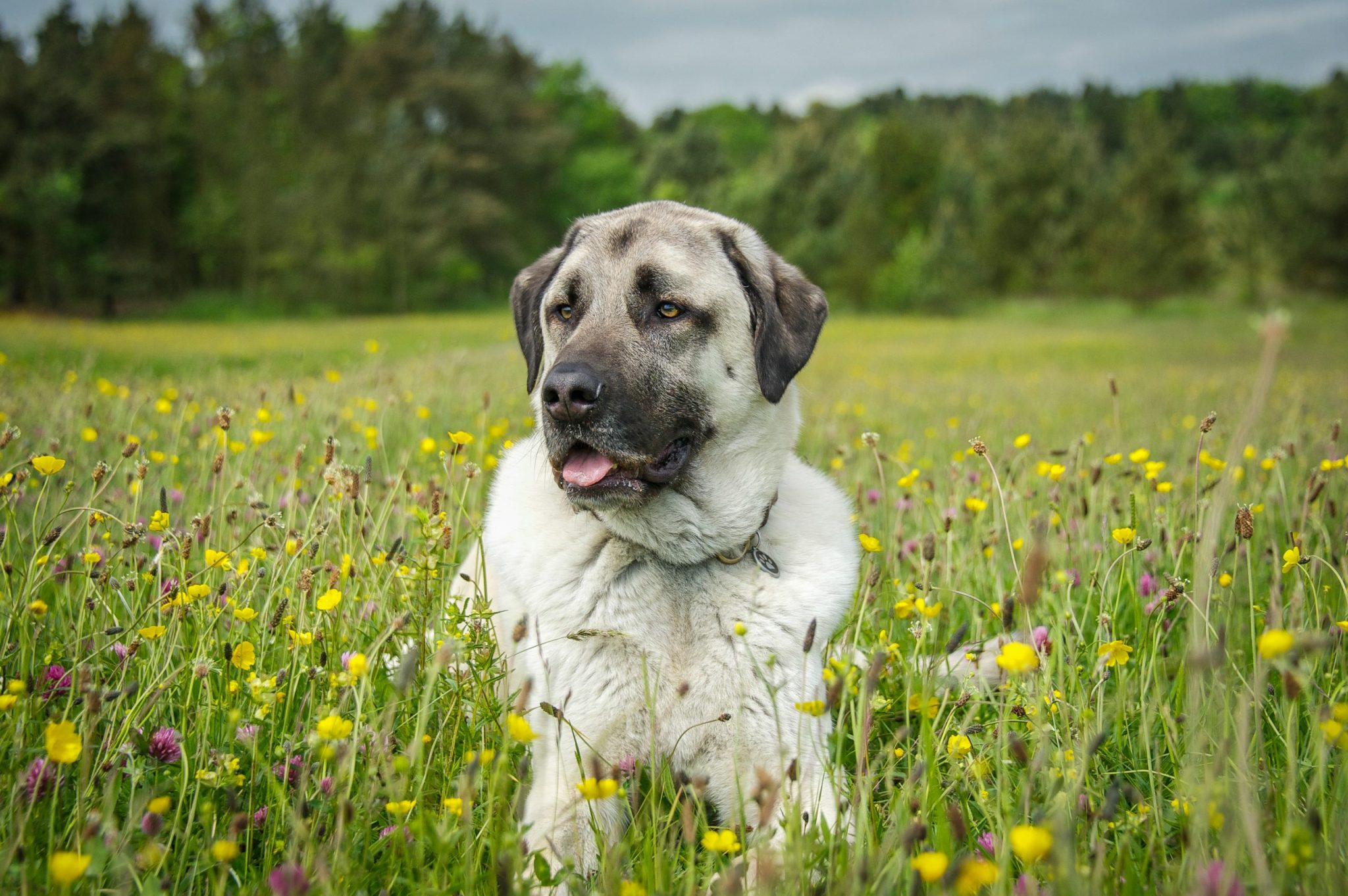 Shutterstock
Shutterstock
Anatolian Shepherds are massive, ancient livestock guardians from Turkey known for their independence and resilience. Because they’ve long been bred for survival and work in harsh environments, they suffer from fewer genetic issues than many modern, heavily refined breeds. They have sturdy joints, solid hearts, and tend to live longer than you’d expect for a dog of their size. Just give them space and a job to do, and don’t be offended if they act like your wise, slightly aloof uncle who’s always right.
The Dogs That Skipped The Genetic Plot Twists
 Shutterstock
Shutterstock
These dogs are the quiet champions of canine health—low on vet visits, high on tail wags, and full of good vibes. While no breed is completely free from health issues, these pups skip the more dramatic, wallet-draining conditions. With proper care, quality food, regular exercise, and a few well-earned zoomies, they can enjoy long, vibrant lives without constantly booking appointments at the vet. They’re the kind of dogs who thrive on love, routine, and maybe the occasional belly rub—no medical chart thicker than a novel required.

 1 month ago
20
1 month ago
20


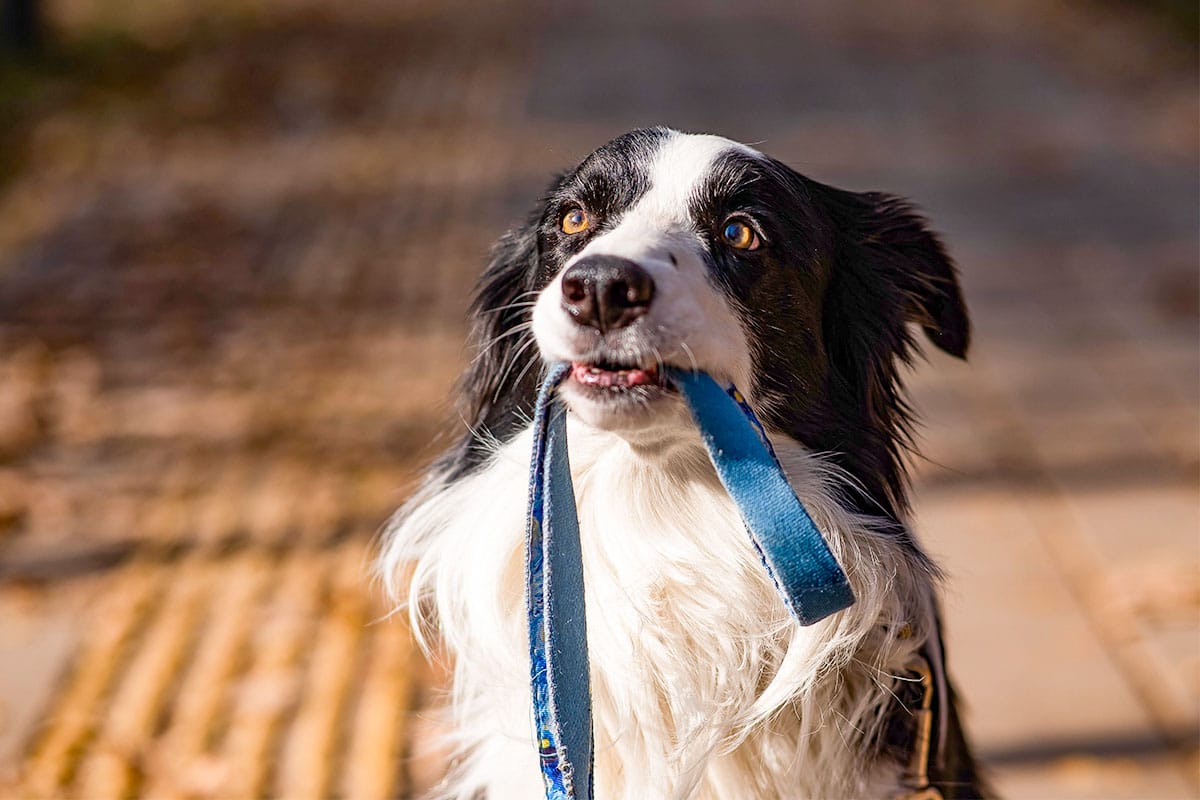



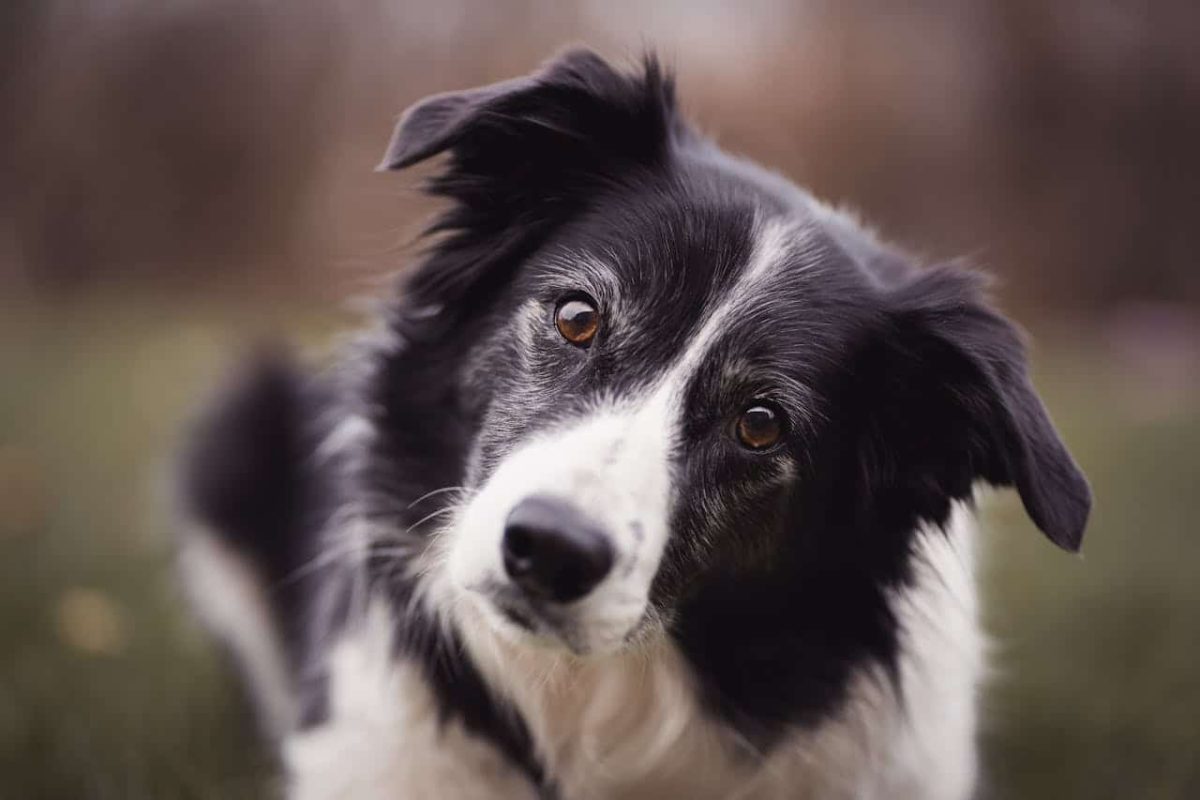
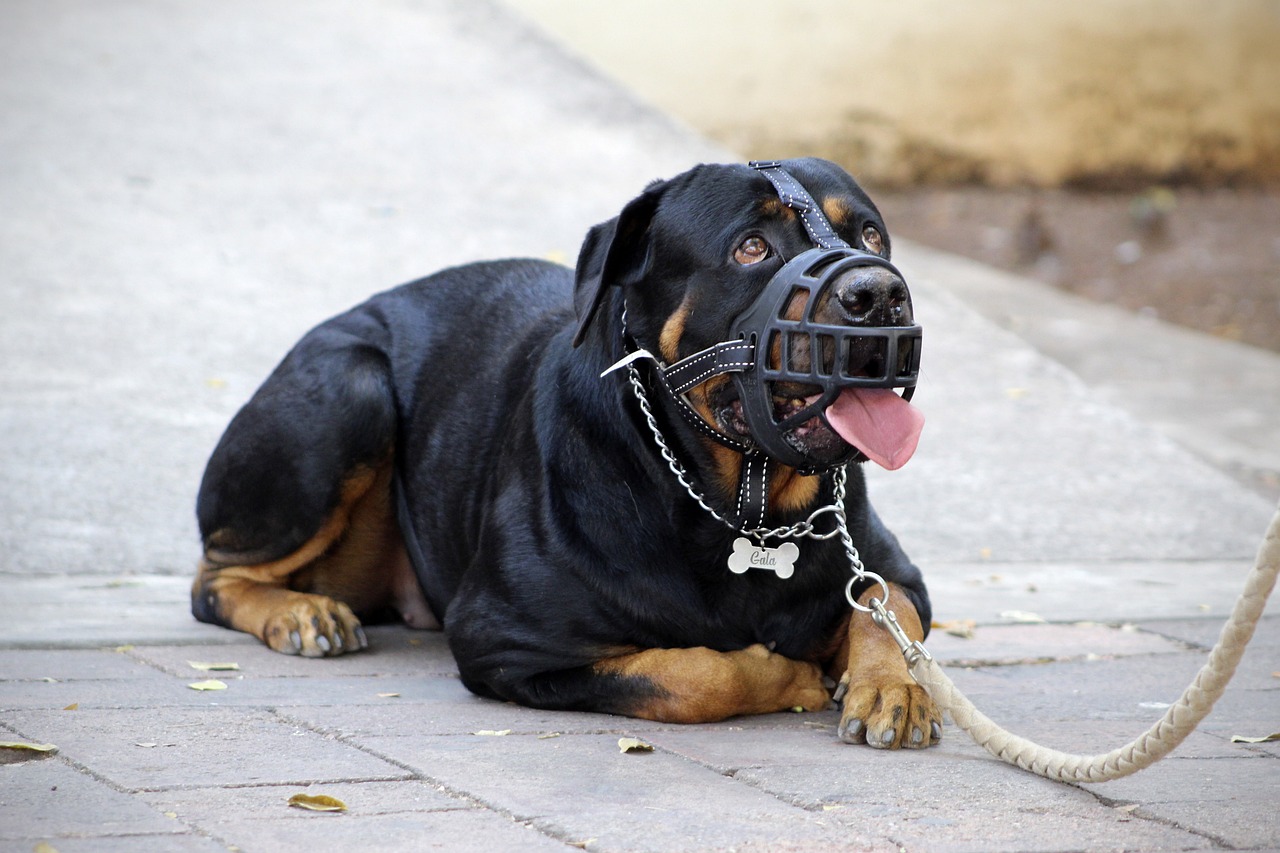


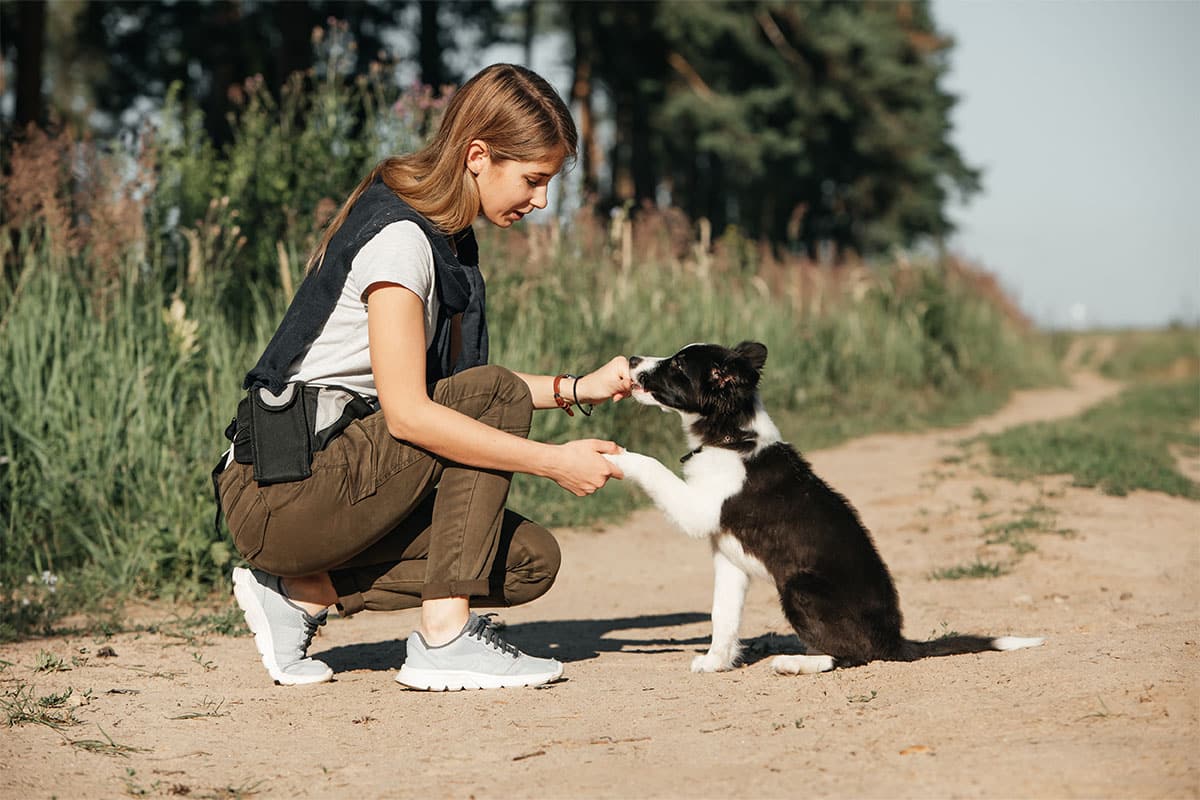







 English (US) ·
English (US) ·